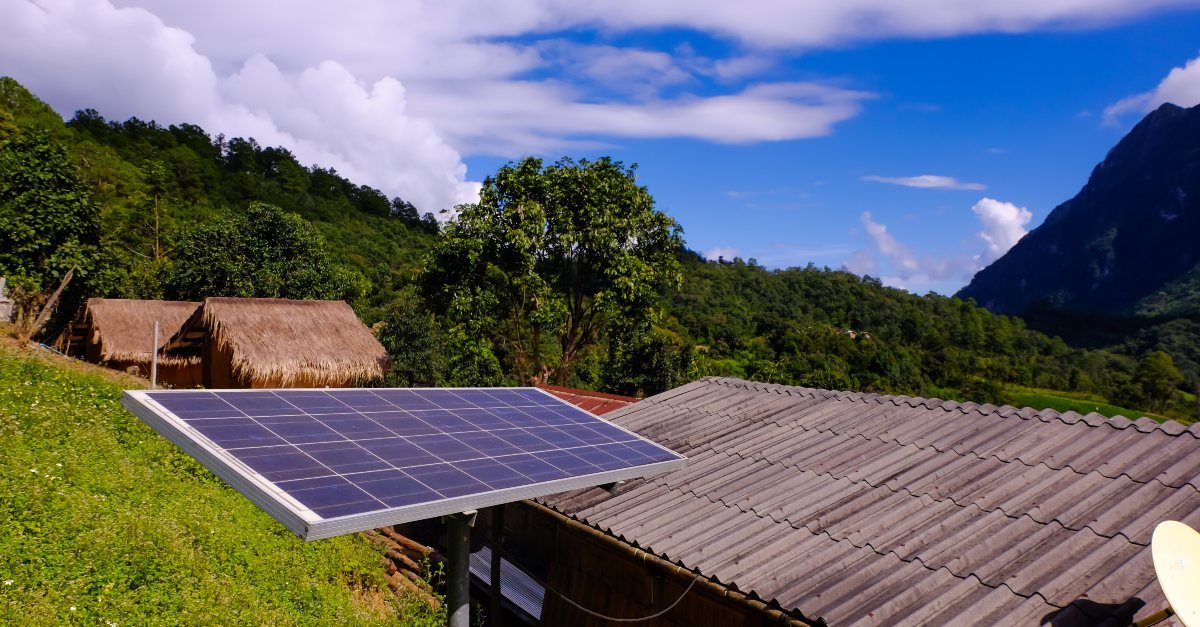
The United Nations Economic and Social Commission for Asia and the Pacific (ESCAP) and the International Renewable Energy Agency (IRENA) will work together to improve access to sustainable energy, bolstering the Asia-Pacific region’s response to the COVID-19 pandemic.
The two organizations will offer recommendations to governments in the region positioning the energy transition as an integral part of the immediate response to the crisis and medium to long-term recovery efforts.
Asia-Pacific, home to half of the world’s population, is largely dependent on fossil fuels. Diesel, for instance, fuels the majority of the region’s off-grid electricity needs.
According to ESCAP, 200 million people in the Asia Pacific region live without electricity and 1.2 billion people without access to clean cooking fuel. Joint efforts will focus on developing sustainable energy policies that are closely integrated with health and industrial development policies to bolster recovery efforts and rebuild economies.
“The pandemic is an opportunity for us to rethink our economic growth path that has come at a heavy cost to the people and planet,” said Armida Salsiah Alisjahbana, United Nations Under-Secretary-General and Executive Secretary of ESCAP.
“To bring about a fundamental shift for the energy transition, we need to adopt the motto of ‘no more business as usual’ for all stakeholders. Policymakers should not lose sight of the looming climate crisis, but rather design economic stimulus packages with social inclusion and environmental sustainability built into every decision in particular sustainable energy development.”



